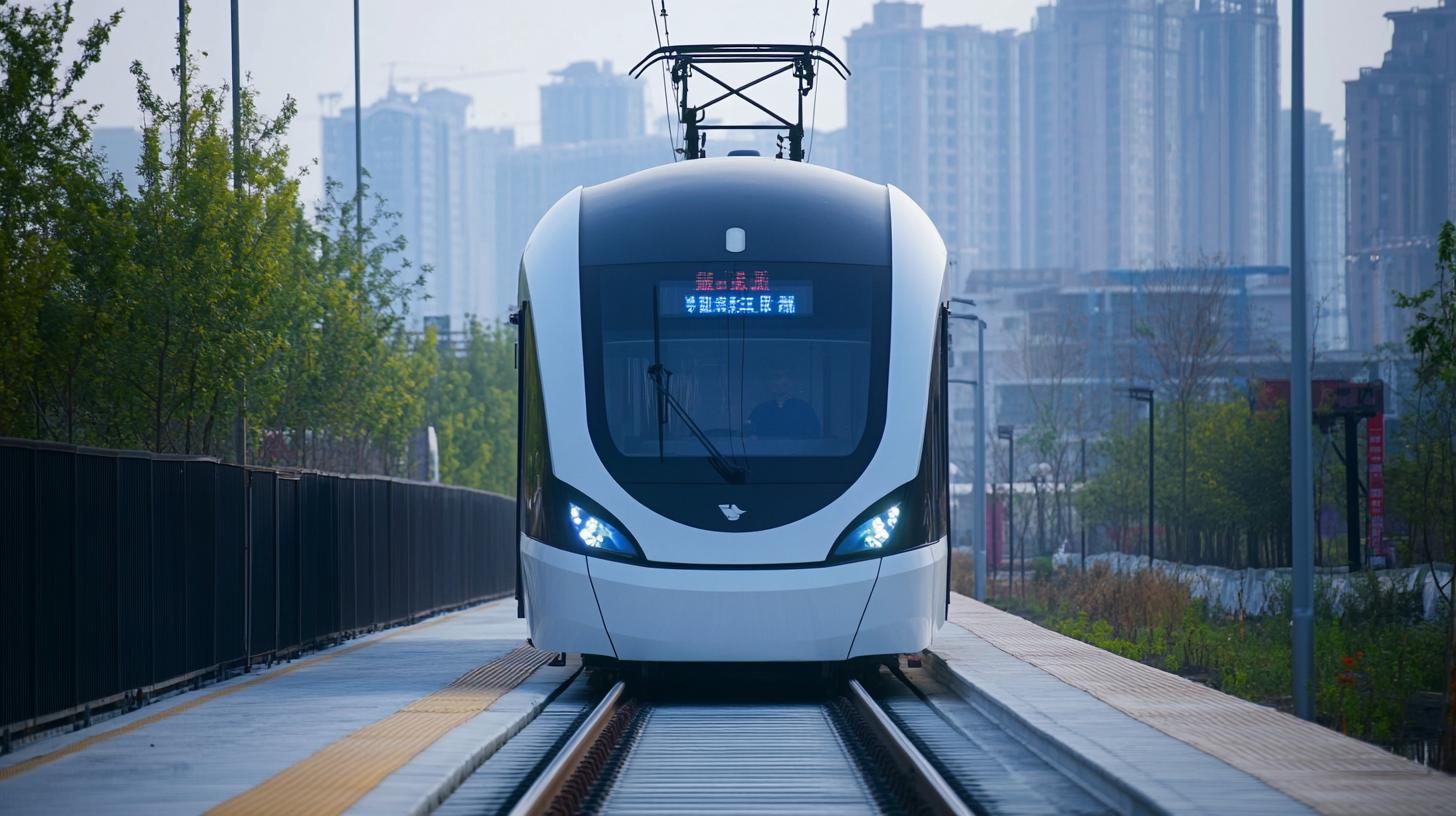AI Innovations Emphasizing Energy Efficiency
Groundbreaking advancements in artificial intelligence technology are reshaping the industry landscape towards a cleaner, eco-friendly approach. At the 2024 World Artificial Intelligence Conference in Shanghai, a revolutionary application named “AI Small Cannon” stole the spotlight by generating text from images using cutting-edge AI chips. This technology showcases how Chinese enterprises like AixinYuanzhi are paving the way for AI integration in households with low energy consumption solutions.
Diverse AI Models and Robotics Exhibits
The event also showcased a myriad of language model innovations with over 50 new models, ranging from industry giants like Baidu, Alibaba, Tencent, Huawei, and emerging startups like Minimax and Zhifup AI. Additionally, a wide array of humanoid robots, including Tesla’s latest release and innovative models with running capabilities, were displayed. These advancements highlight the industry’s shift towards energy-efficient AI solutions.
Environmental Impact and Cost-Effective Solutions
Industry leaders are recognizing the environmental impact of AI integration, with tech giant Google reporting a significant increase in carbon emissions due to AI integration. To combat this, companies like AixinYuanzhi are developing low-cost, high-performance AI chips that significantly reduce energy consumption. These chips, suitable for mainstream devices, not only enhance AI applications but also promote energy efficiency in everyday products.
Enhancing Chip Ecosystem Compatibility
By optimizing chip utilization in clusters and supporting large-scale model training, companies are reducing energy consumption substantially. Innovations like the “Big Model Accelerator” empower faster data analysis, improving efficiency and reducing energy consumption in AI training processes. The focus is on developing ecosystem-compatible chips that streamline usage and reduce migration costs for businesses seeking efficient AI solutions.
New Dimensions of Eco-Friendly AI: Exploring Uncharted Territory
The landscape of eco-friendly AI technology continues to evolve, with new trends and innovations emerging that push the boundaries of sustainability and efficiency. As we delve deeper into this realm, it is essential to address key questions that shape the future of AI integration with environmental consciousness.
What are the New Advancements in Energy-Efficient AI Technology?
Recent developments have unveiled novel approaches to enhancing energy efficiency in AI systems. One notable advancement is the utilization of organic neural networks, inspired by the human brain’s structure, which have shown promising results in reducing energy consumption during data processing tasks. Additionally, researchers are exploring the potential of photonic computing to harness light-based technology for faster and more energy-efficient computations in AI algorithms.
What are the Key Challenges in Implementing Eco-Friendly AI Solutions?
While the benefits of eco-friendly AI technology are evident, several challenges exist in its widespread adoption. One major hurdle is the high initial cost associated with transitioning to sustainable AI infrastructure, which can pose a barrier for smaller organizations or startups. Moreover, ensuring the compatibility of existing AI systems with new energy-efficient technologies remains a critical challenge that requires careful planning and integration strategies.
Advantages and Disadvantages of Eco-Friendly AI Integration
The adoption of eco-friendly AI technology offers a myriad of advantages, including reduced carbon footprint, lower energy costs in the long term, and enhanced public perception of environmentally responsible practices. However, some disadvantages must also be considered, such as potential limitations in computing power compared to traditional AI systems and the need for continuous research and development to optimize energy-efficient algorithms.
In navigating the complexities of eco-friendly AI technology, it is crucial to stay informed about the latest trends and innovations driving this transformative industry forward. By addressing key questions, understanding challenges, and weighing the pros and cons of sustainable AI integration, we can pave the way for a greener, more efficient future powered by intelligent technologies.
For further insights and resources on eco-friendly AI technology, visit World AI Organization.






















